- Arakan residents call for air raid warning systems amid surge in junta airstrikes
- Arakan’s Breathing Space (or) Mizoram–Arakan Trade and Business
- Death toll rises to 18 after junta airstrike on Ponnagyun village market
- Regime arrests dozens of Muslims in Sittwe over alleged Arakan Army links
- Over 200 IDPs in Ponnagyun struggle without shelter, food aid
Muslim diaspora groups urge self-determination for Muslims in Arakan
Muslim advocacy organizations abroad have called for self-determination in Arakan State, asserting Rohingya and other Muslims should have the right to self-governance.
04 Oct 2025
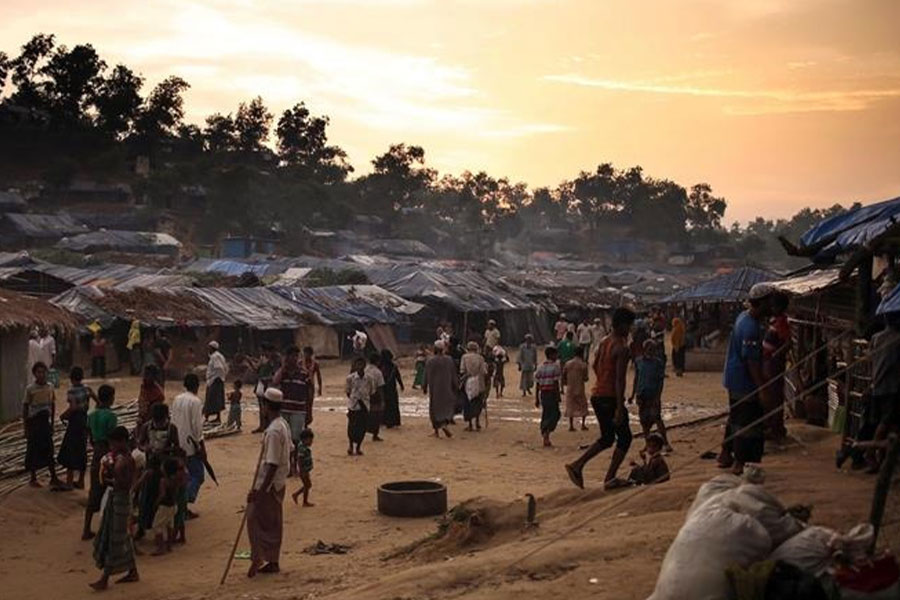
DMG Newsroom
4 October 2025, Sittwe
Muslim advocacy organizations abroad have called for self-determination in Arakan State, asserting Rohingya and other Muslims should have the right to self-governance.
The appeal was included in the New York Declaration on Rohingya Rights and Protection, issued on 30 September following a high-level UN conference on refugee issues. A total of 33 Muslim rights groups co-signed the declaration.
“We [Muslims] are both an Indigenous people of Arakan and citizens of Myanmar. We stand together for human rights, justice, equality, freedom, and the right to self-determination,” the declaration said.
The statement also called for unrestricted humanitarian support to Muslims, dignified treatment of over one million refugees in Bangladesh, and guarantees of livelihood opportunities. It further urged recognition of “Rohingya” as an ethnic identity, acknowledgment of Indigenous rights in Arakan, and safe repatriation of displaced Muslims with full rights.
Observers note that some of these demands may be interpreted as going beyond peaceful coexistence, raising concerns about efforts to establish a self-administered Islamic zone in Arakan.
A young Yangon resident told DMG: “The Muslims are pushing beyond citizenship and coexistence with local communities. What they really want is to carve out a self-governing Islamic territory in Myanmar. As a citizen, I cannot accept this because it undermines the sovereignty of the country. I strongly oppose this attempt.”
At the UN conference, Muslim groups also accused the Arakan Army (AA)—which now controls nearly all of Arakan—of human rights abuses. However, critics argue that the meeting overlooked ongoing violence by Muslim armed groups such as ARSA (Arakan Rohingya Salvation Army), which continue operating from Bangladeshi territory along the border.
Political analysts warn that using international platforms to pressure the AA with the backing of Organisation of Islamic Cooperation (OIC) member states could escalate tensions rather than ease them.
“Muslim advocates should think realistically. Leveraging the influence of OIC nations to target the AA—an actor that is administering territory on the ground—may benefit diaspora Muslims but risks undermining peace for Muslims inside Arakan. When politics is mixed with identity, it will not lead to a stable future,” said a former political prisoner.
Meanwhile, rallies in Bangladeshi refugee camps are reportedly being organized to support Muslim armed groups and oppose the AA, with limited restrictions reported from Dhaka authorities.
Relations between the Bangladeshi government and the AA are increasingly strained, while ARSA units continue launching cross-border attacks on AA positions. As a result, observers say the Muslim issue on the ground is becoming more volatile and complicated.




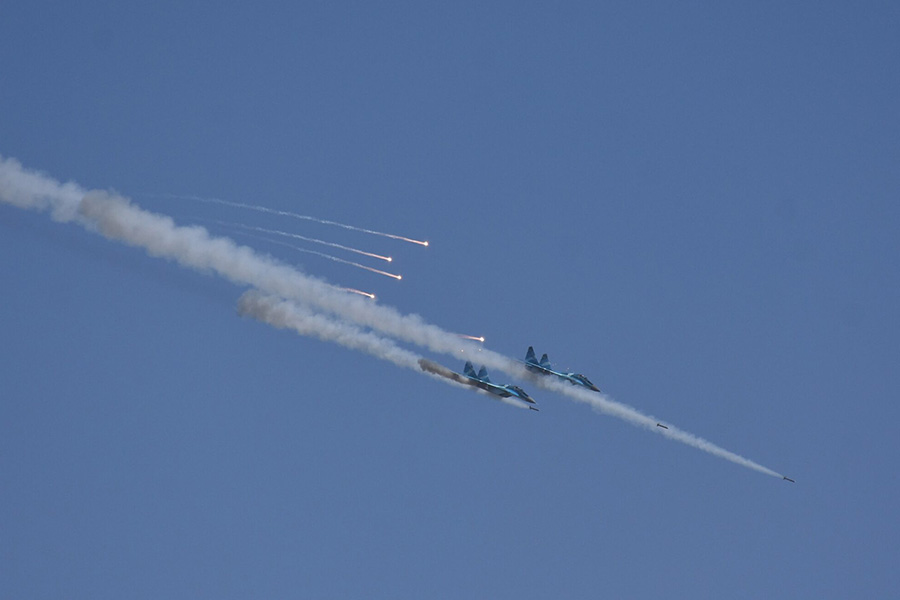
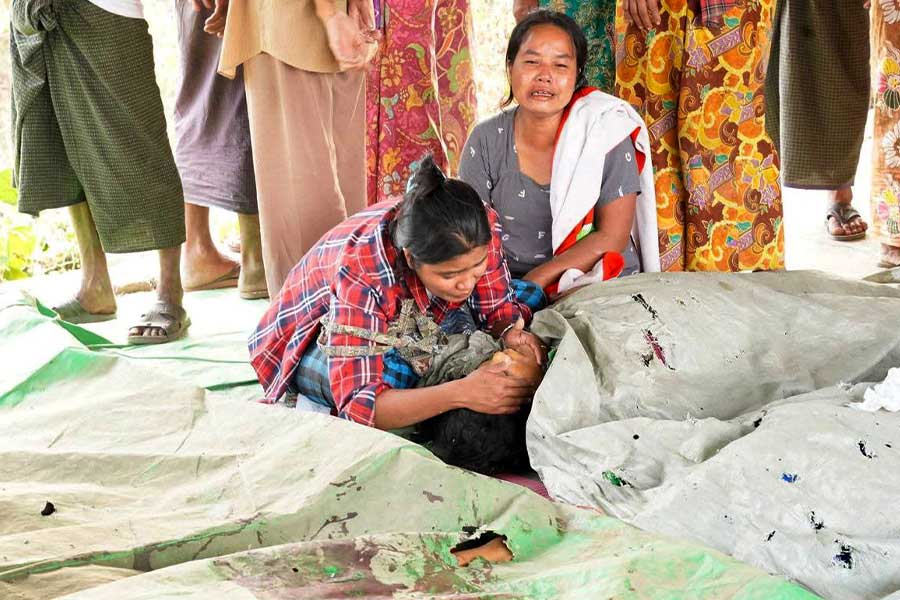
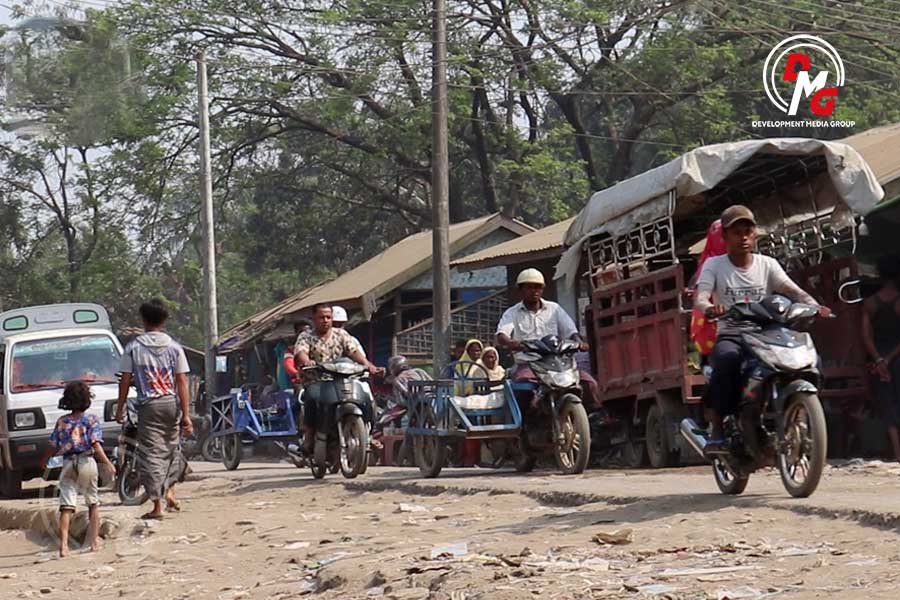
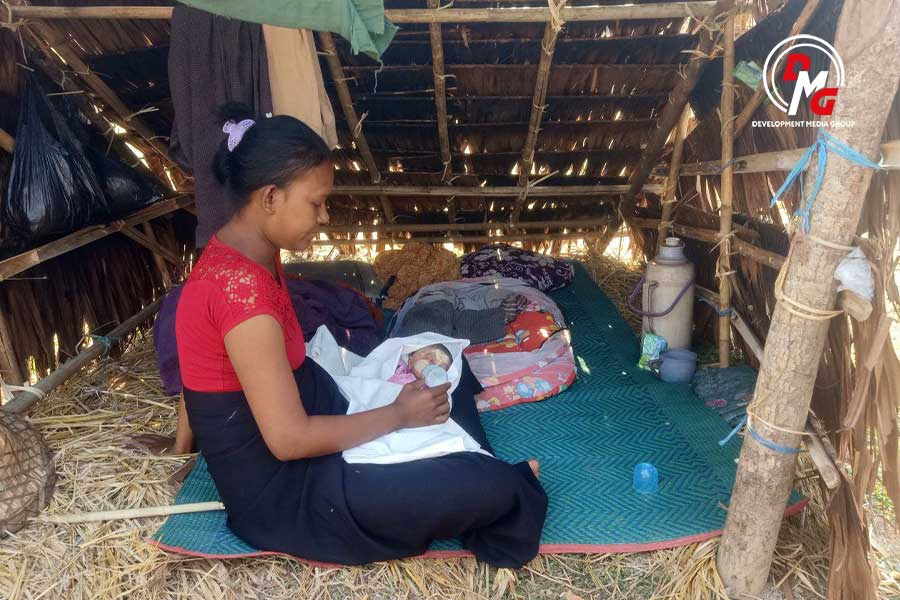
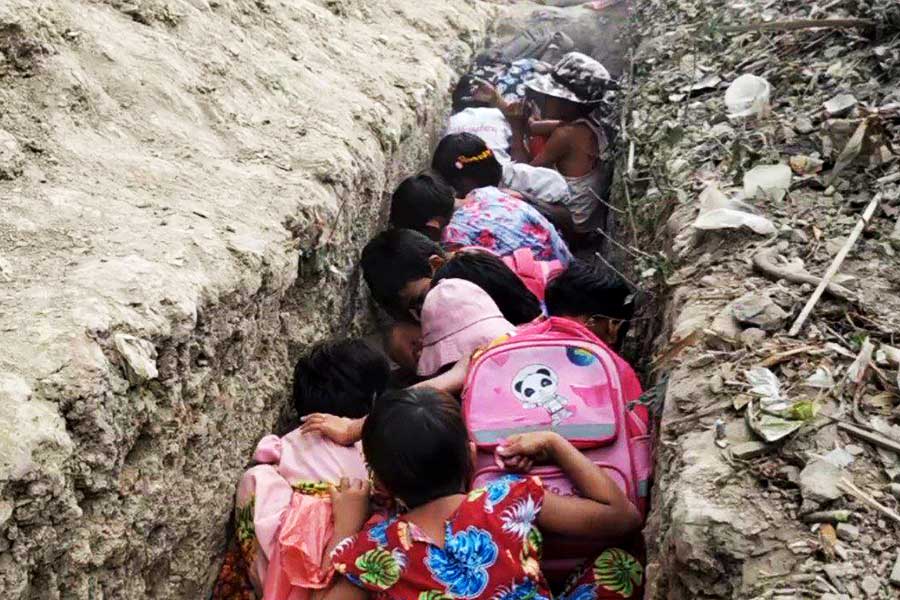








.jpg)